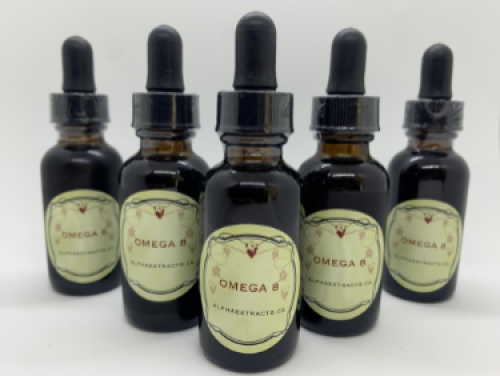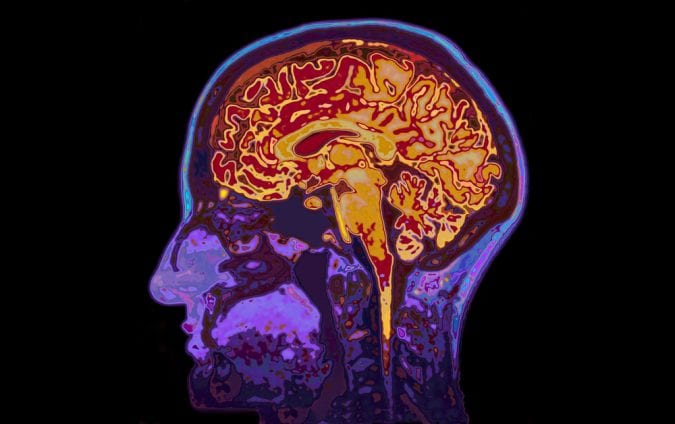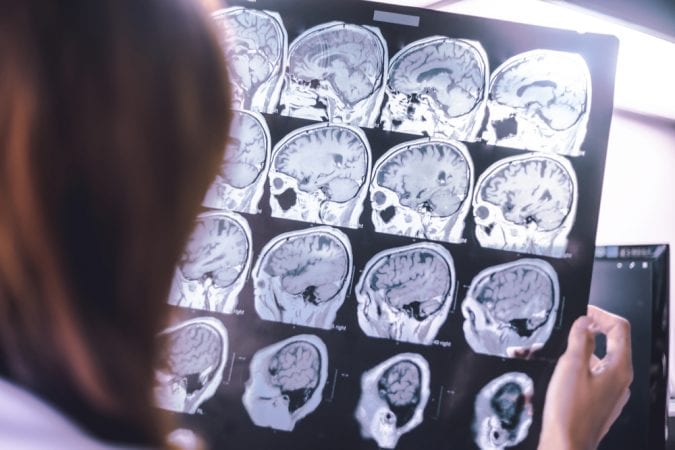REC articles are not the view or opinion of Alpha Extract Administrators
THC Very Definitively and Effectively Treats Alzheimer’s Disease
Omega8 is well known throughout the cannbis community as "Miraculous"


Omega8 truly miraculous | alphaExtract (alphaextracts.ca)
THC Very Definitively and Effectively Treats Alzheimer’s Disease
Therapeutic dose of THC breaks down amyloid plaques and restores neuronal loss.
Neurodegenerative diseases are described as conditions in which neuronal tissue health is compromised and usually involves accumulation of defective proteins in the form of plaques. This is a hallmark of Alzheimer’s disease (AD), characterized by the depositing of amyloid plaques (called Aß plaques) which results in the accumulation of folded proteins called amyloid beta.

Other components of this syndrome include the formation of neurofibrillary tangles containing tau protein, selective neuronal loss and cognitive deficits. The knowledge of the therapeutic potential of cannabinoids in neurodegenerative diseases has been on the rise, both as a symptom relief strategy and as a treatment for the neuronal loss.
That cannabinoid signaling may be involved in AD pathology can be hypothesized from post-mortem examinations of human AD patients that showed increased CB1 and CB2 receptors on microglia (a cell type in the brain involved in inflammatory response) that resided within the plaques, and lower CB1 expressions in areas remote from the plaque.

These changes in the endogenous cannabinoid system have at least two-fold significance. Firstly, they suggest that the endocannabinoid system may be involved in AD progression. Secondly, and perhaps more importantly, these findings suggest that exogenous cannabinoids (like THC and CBD) administered in order to restore the cannabinoid balance could have therapeutic benefits in AD pathophysiology.
Subsequent pre-clinical studies have shown that administration of THC at 3mg/kg per day for 4 weeks lead to a reduction in AB plaques and preservation of neurons. Additionally, in human dementia patients, administration of synthetic THC analog, dronabinol (2.5mg) daily for 2 weeks, was found to improve neuropsychiatric profiles for agitation and aberrant motor and nighttime behaviors.

One research group has recently shown that THC has anti-AB properties in vitro Namely, they found that incubation of cells that produce Aß with THC resulted in a time- and dose-dependent arrest of Aß production. The authors also underlined that the amount of THC used to treat the cells corresponds to very low doses of THC, and in fact were a thousand times lower compared to the doses of THC that have been shown to cause cognitive impairments in rat studies. Moreover, they found no cytotoxic side effects of this dose of THC in cells, suggesting that likely this treatment would be safe and effective in the pre-clinical studies that would transpire from this data.

One research group has taken the cannabinoid research in AD to another level in their attempt to pinpoint exactly how THC breaks down Aß production at the molecular level. They performed both computational and experimental analyses as they predicted the fit between the THC molecule and one particular enzyme, acetylcholinesterase, responsible for breakdown of the neurotransmitter acetylcholine. Down regulation of acetylcholine by acetylcholinesterase is one of the most dramatic neurotransmitter perturbations observed in AD and in fact, the four FDA approved drugs are designed totarget this cholinergic system.

The researchers found that indeed, THC with its particular chemical structure fits into the acetylcholinesterase enzyme active site, which is the part of the protein that is responsible for exerting the actual enzymatic action (i.e. deactivation of acetylcholine). The functional experiments that they performed confirmed that this inhibition of acetylcholinesterase by THC led to reduction of Aß aggregation. Moreover, THC is a considerably more potent inhibitor of acetylcholinesterase-included AB deposition compared to the approved drugs for AD, donepezil and tacrine, which were found to reduce Aß deposition by only 22% and 7%, respectively.

Taken together, the data demonstrate a clear implication of THC in reducing Aß plaque formation in AD, which is one of the hallmarks of this disease’s pathology. The finding that THC acts as an inhibitor of acetylcholinesterase, leading to reduction of Aß plaque formation provides a molecular explanation of therapeutic benefits of THC in AD, which scientifically speaking is crucial in the development of new therapies or initiation of clinical trials.
Omega8 Copied By Many But Never Duplicated !!!

Omega8 truly miraculous | alphaExtract (alphaextracts.ca)
